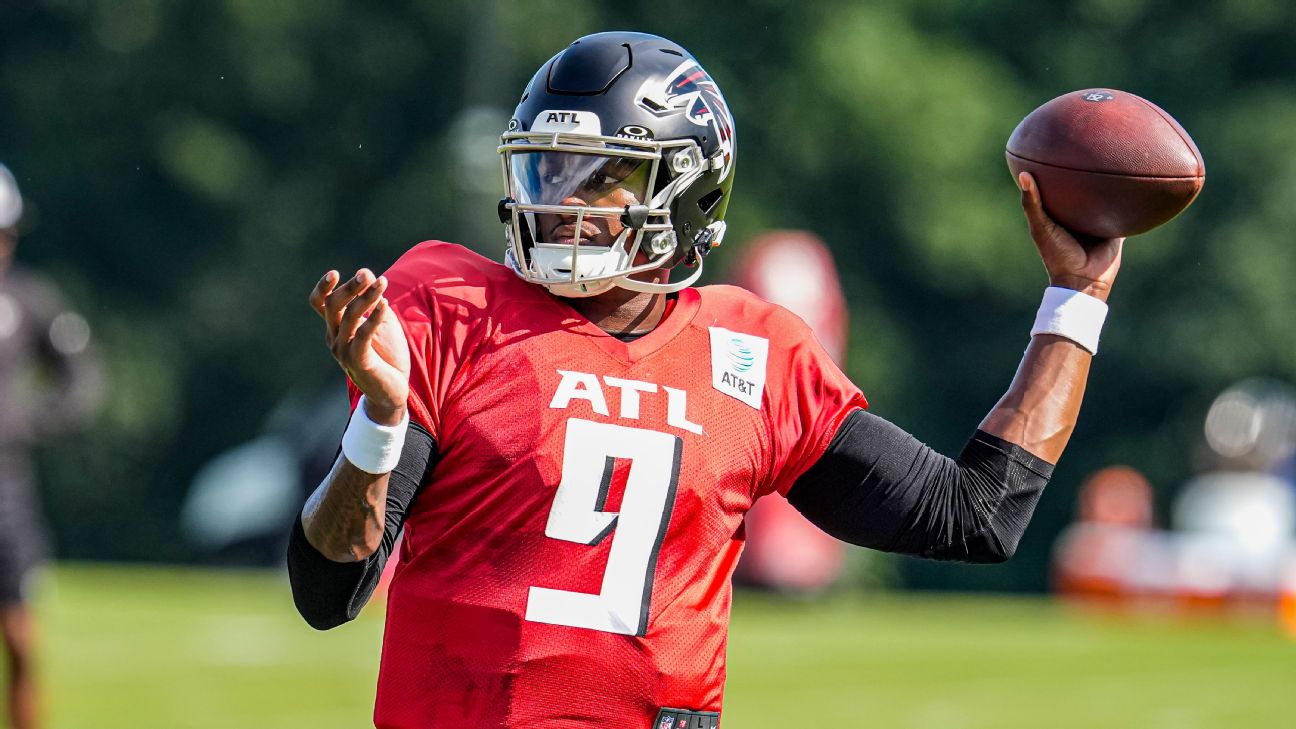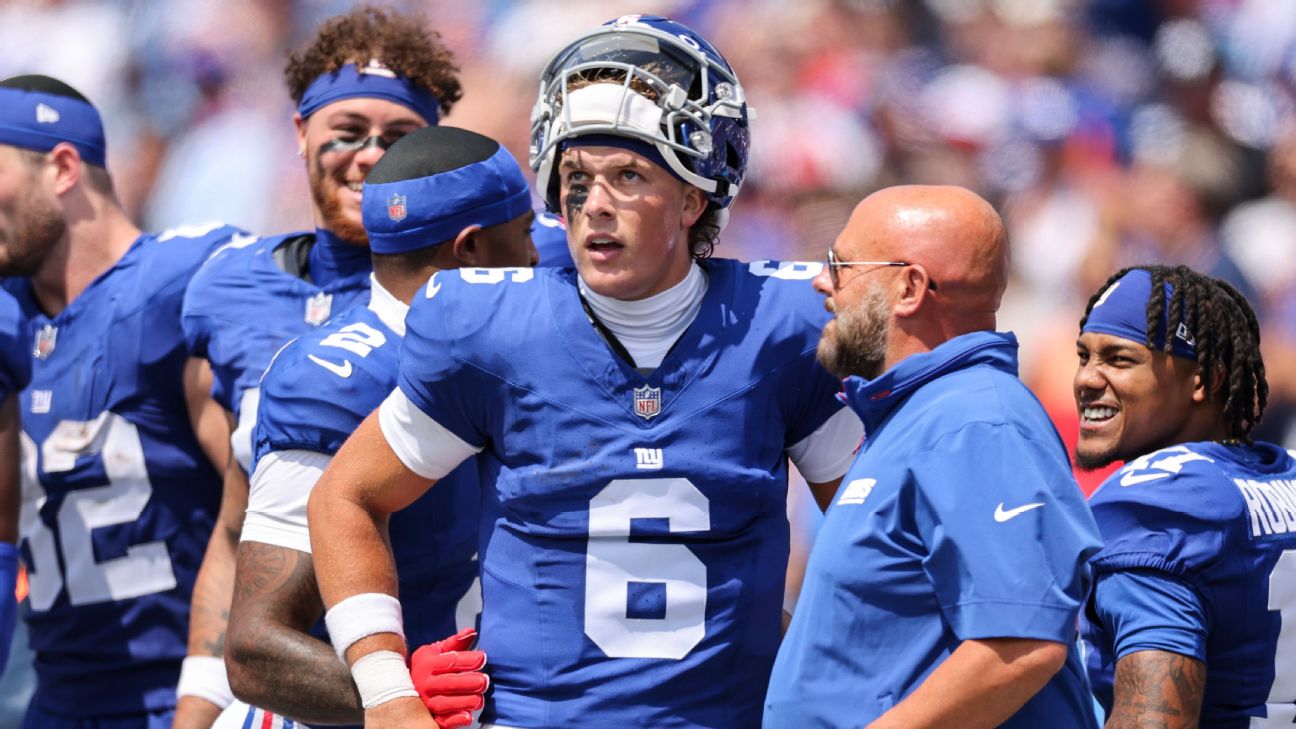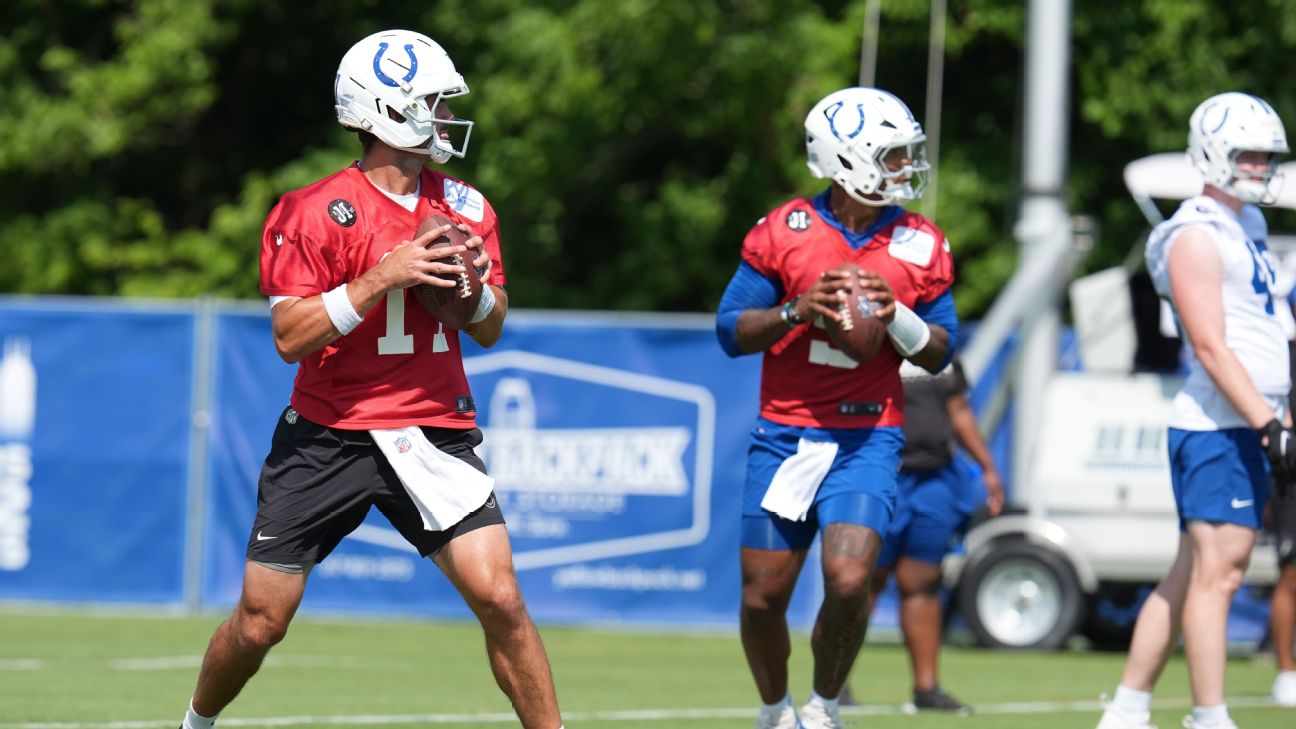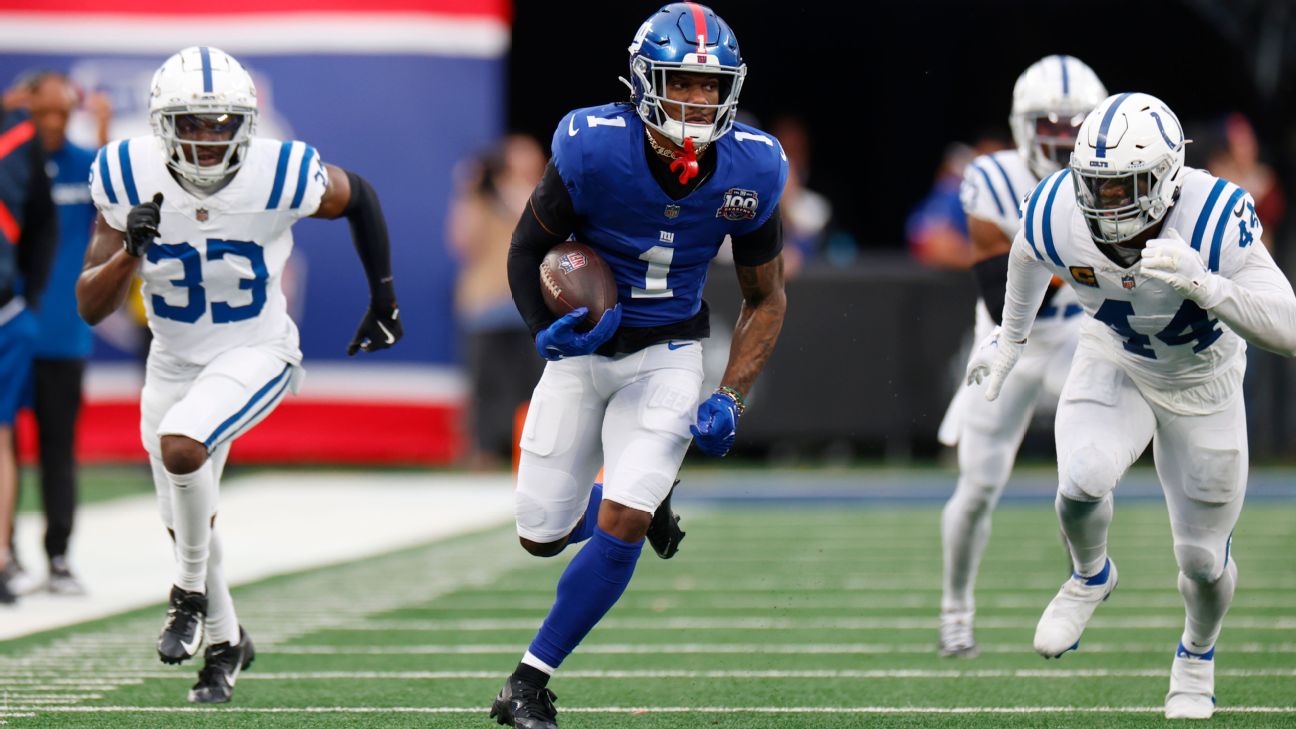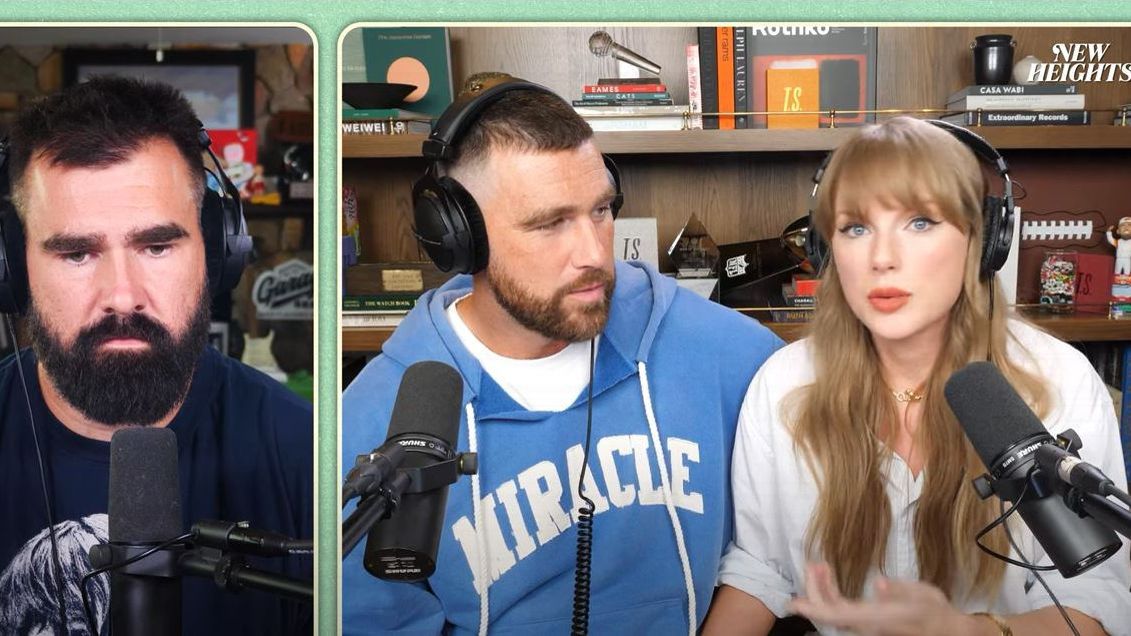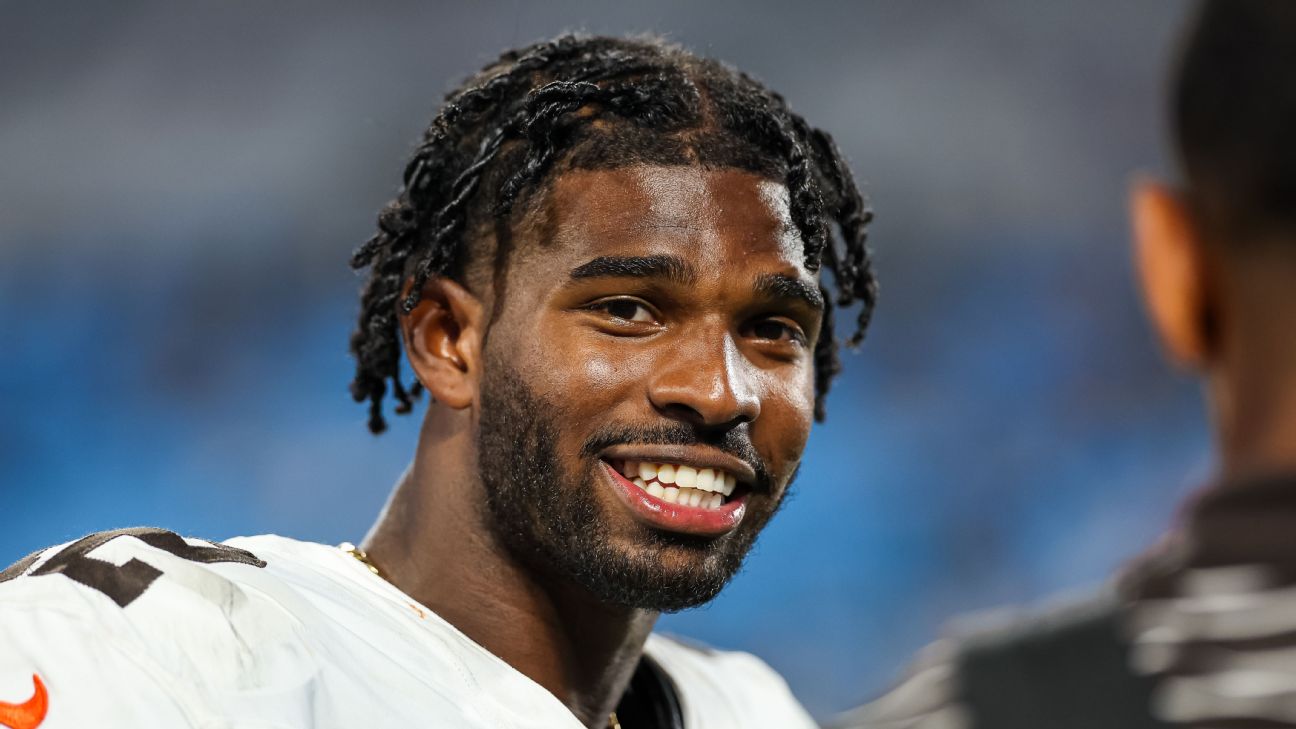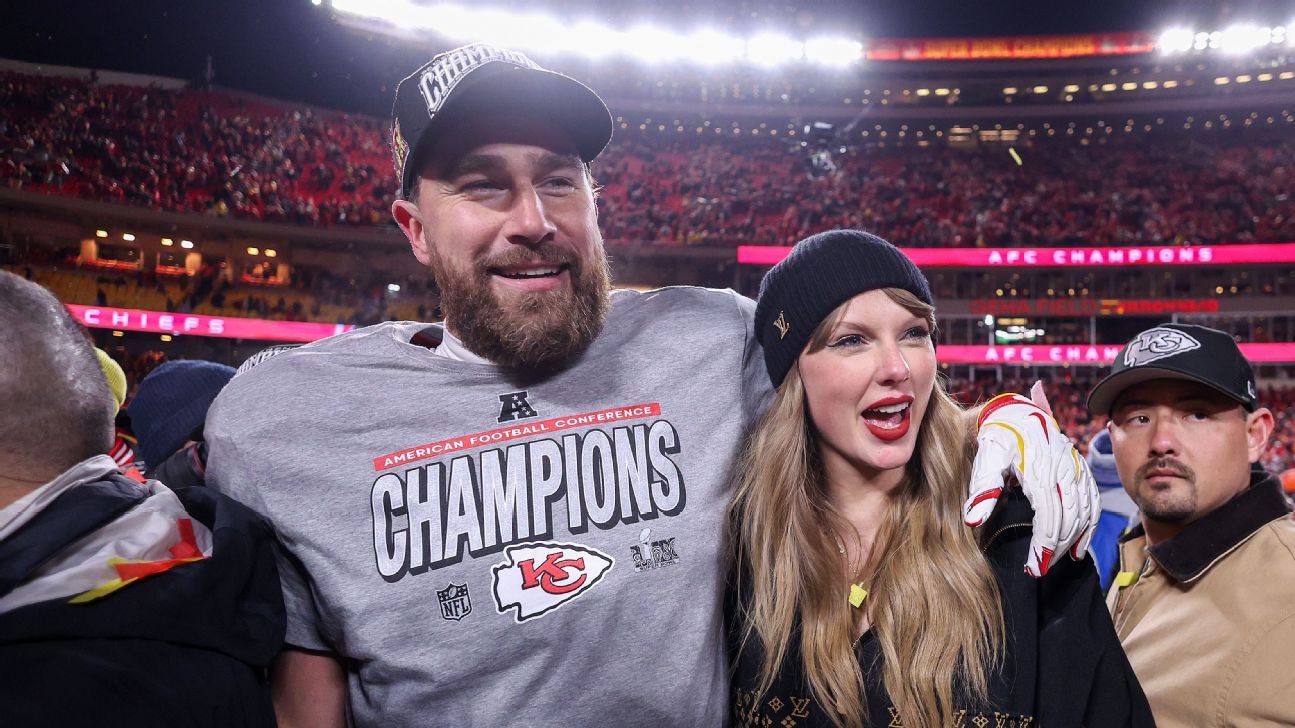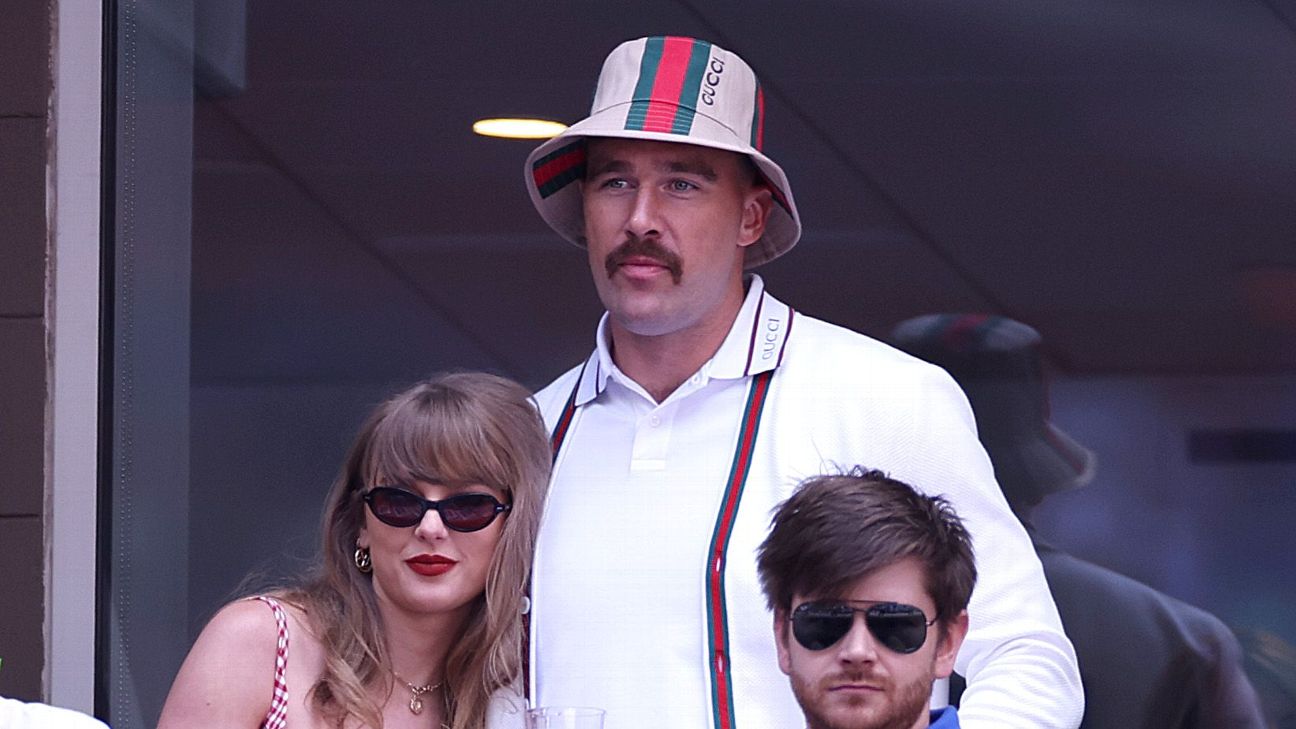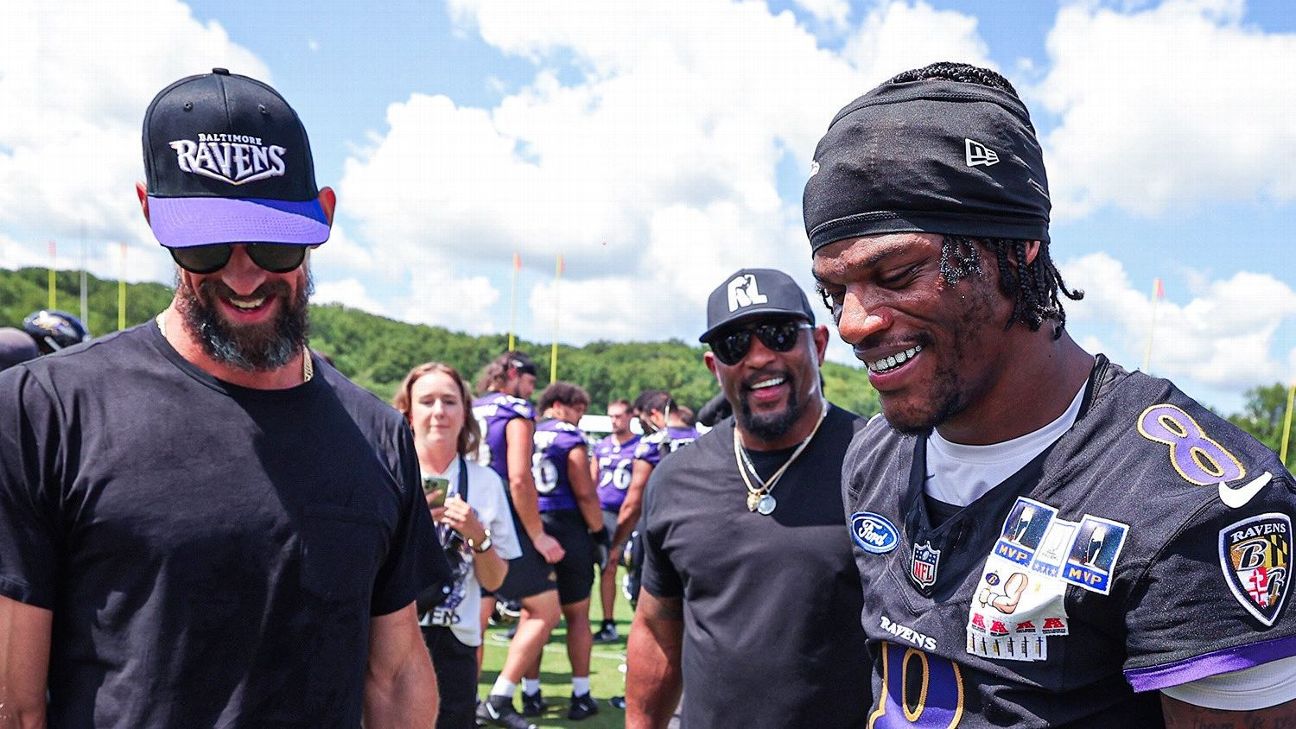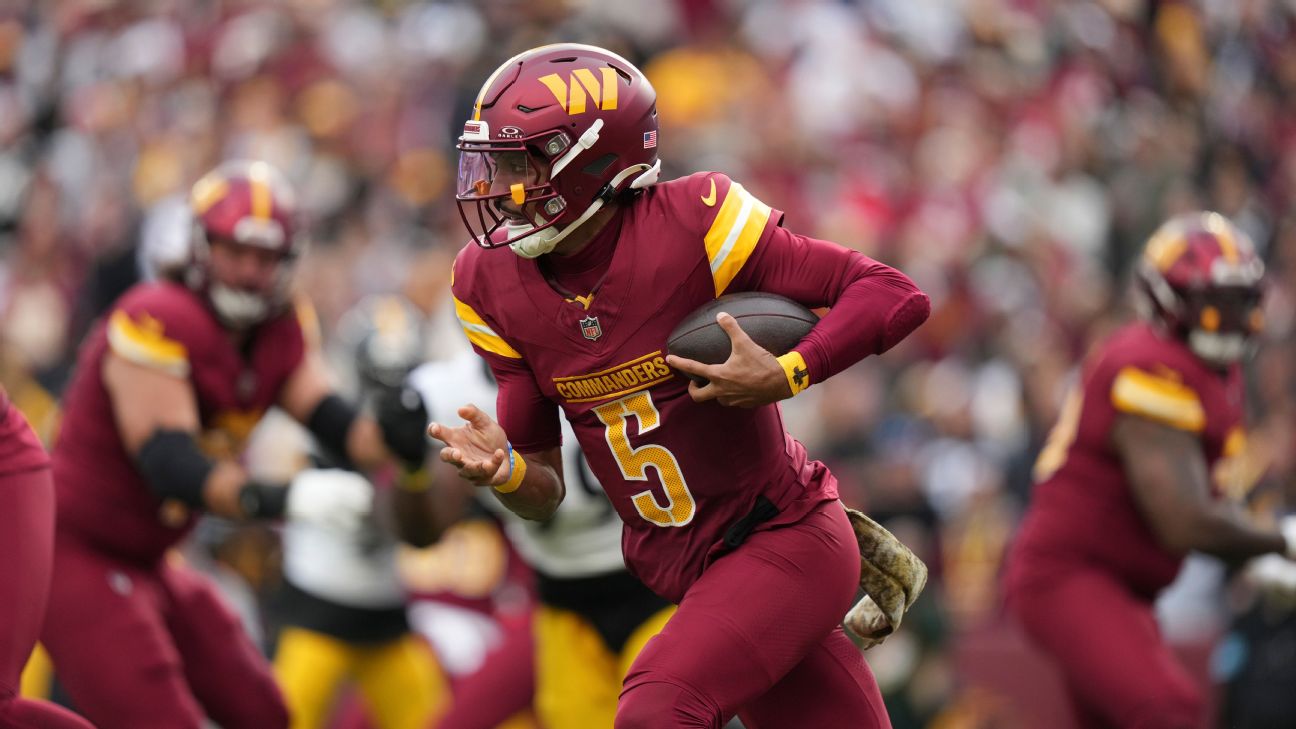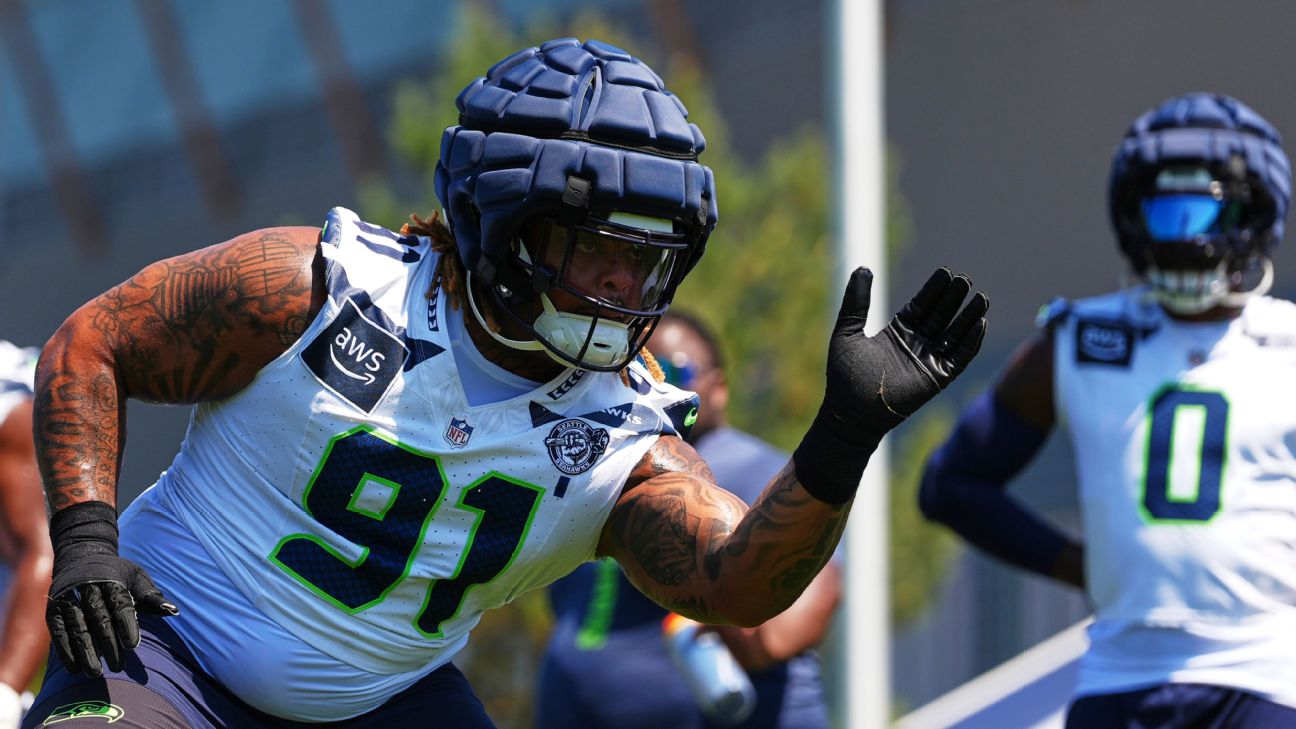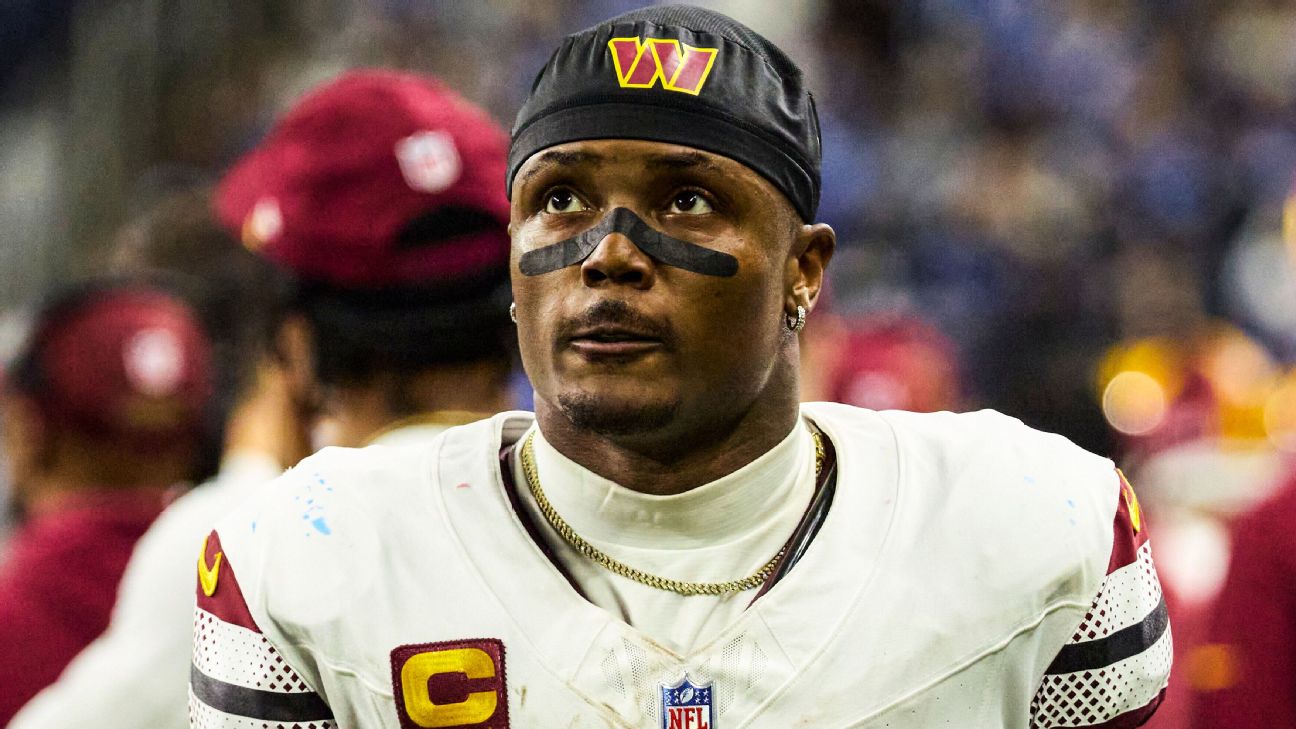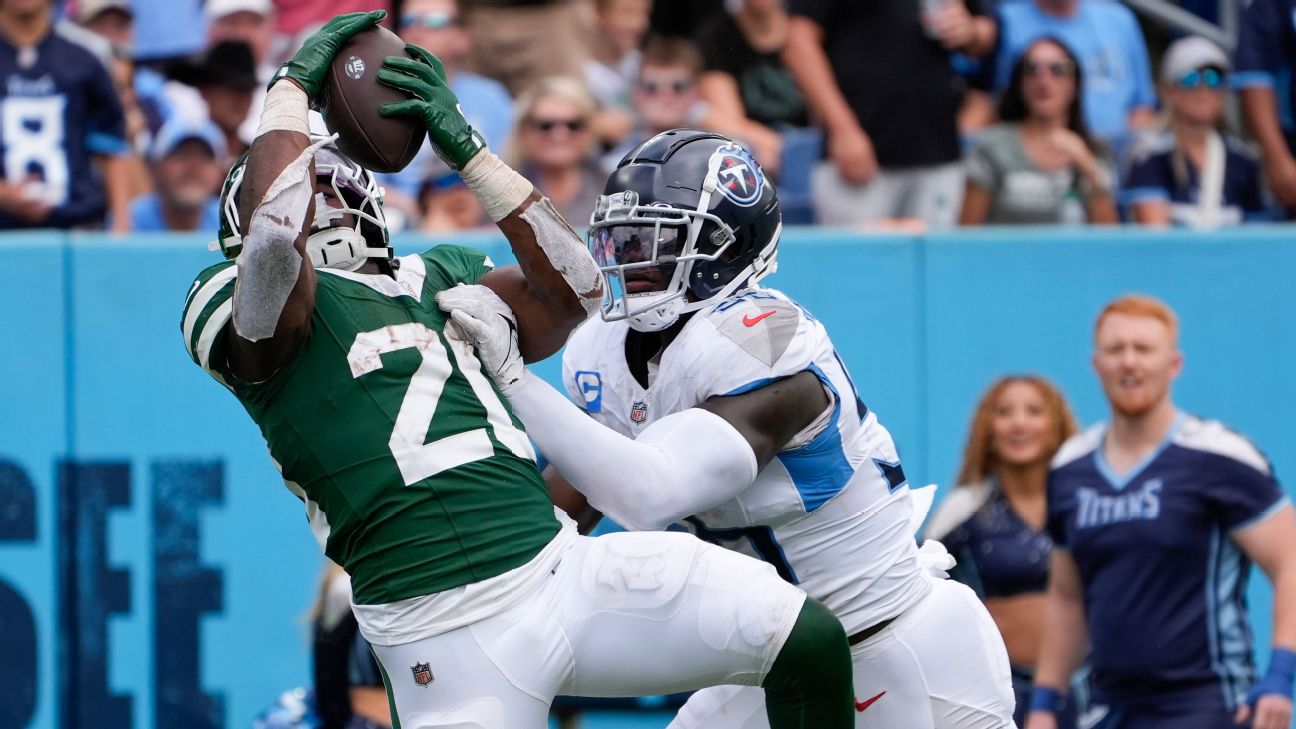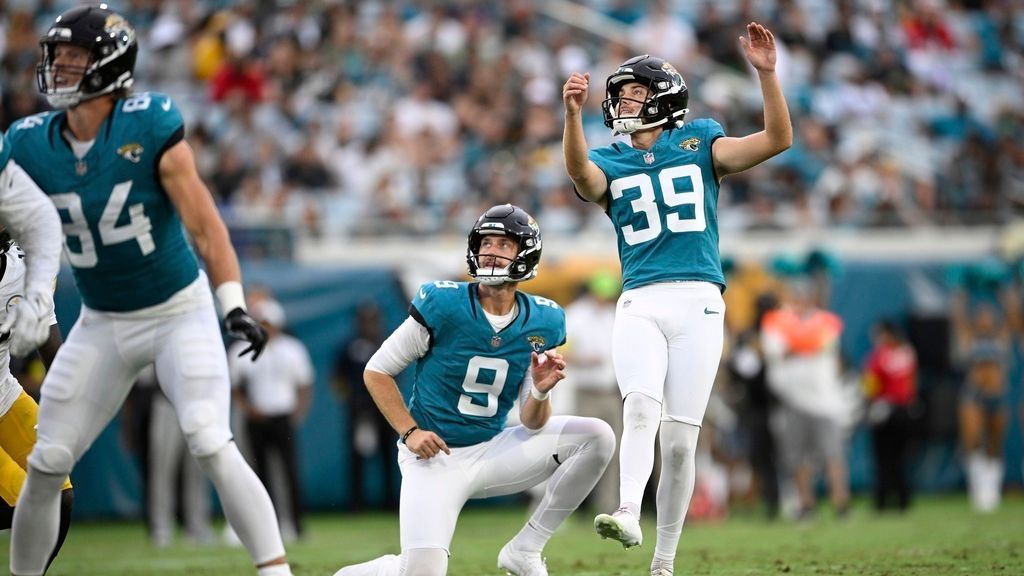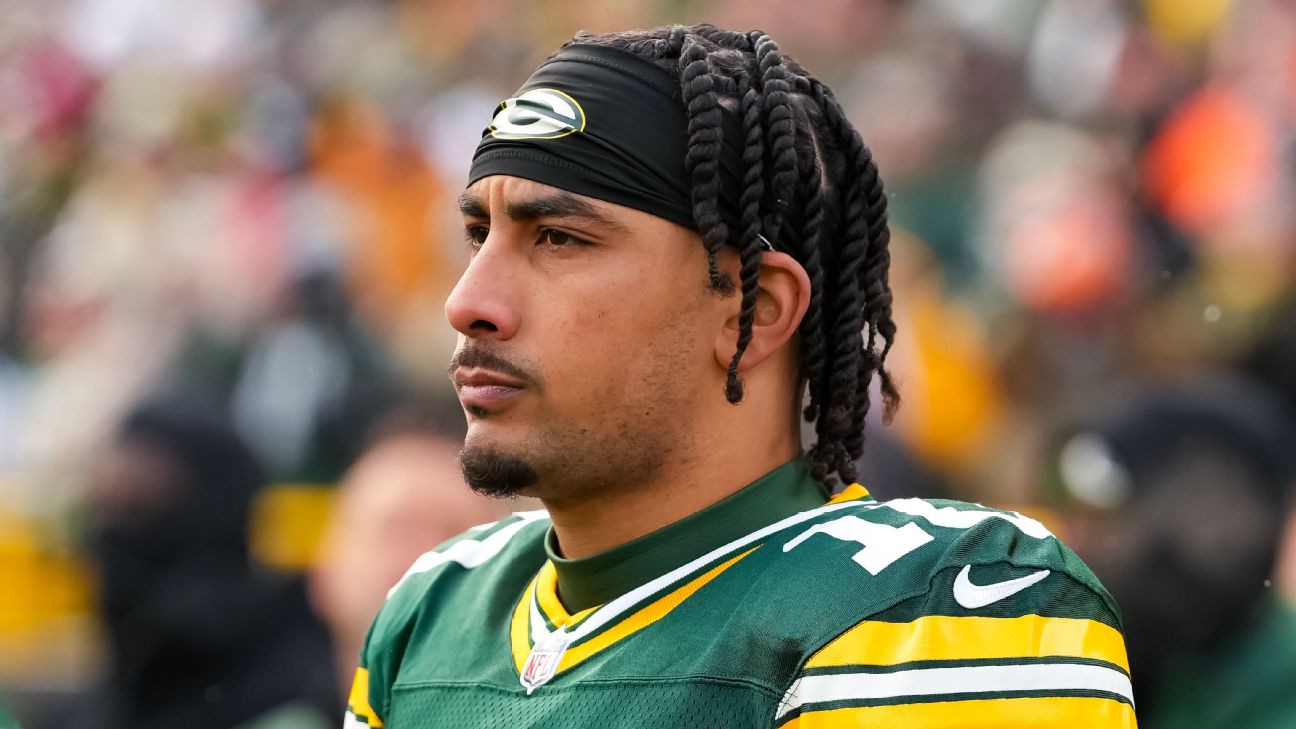How Jerry Jones' Contract Negotiation Blunders Cost the Cowboys $100 Million
An in-depth analysis of how Jerry Jones' delayed contract negotiations with key players like Dak Prescott, Micah Parsons, and CeeDee Lamb have cost the Dallas Cowboys over $100 million.
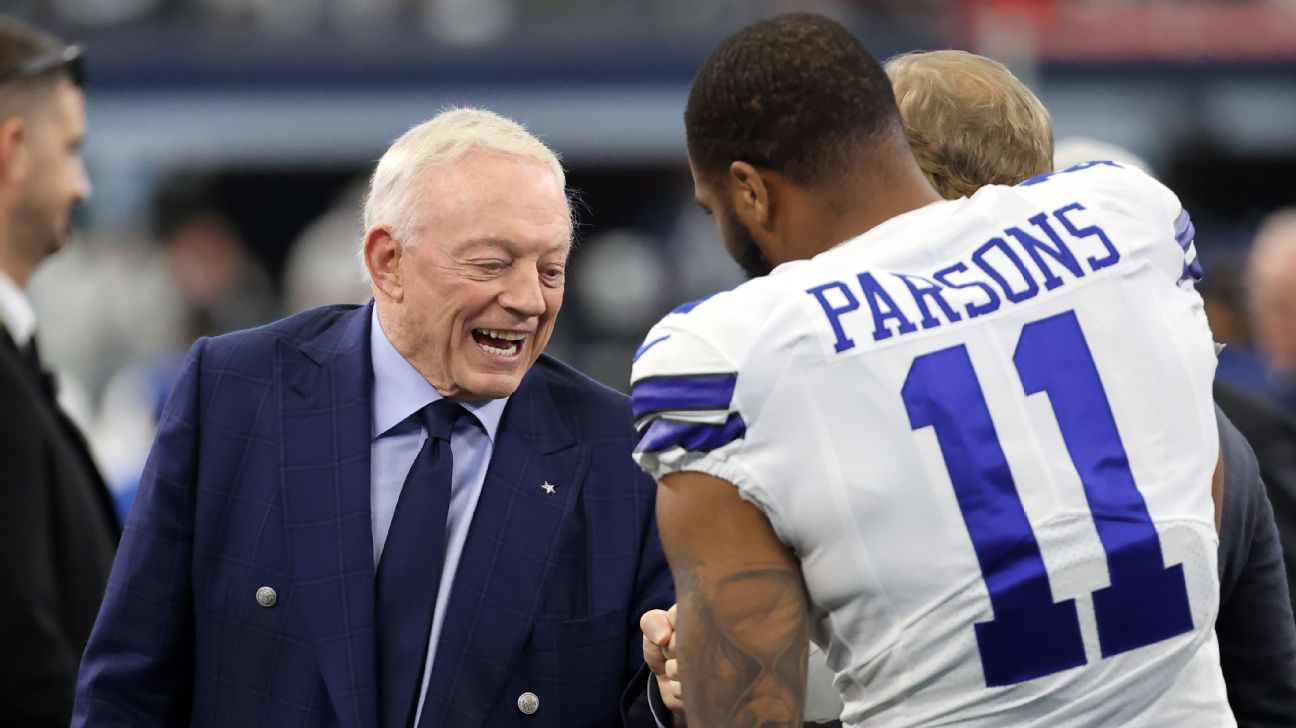
In the high-stakes world of the NFL, where player empowerment and contract negotiations can make or break a team's future, the Dallas Cowboys have become a cautionary tale. Under the leadership of Jerry Jones, the Cowboys have repeatedly bungled contract negotiations with their star players, resulting in significant financial losses and strained relationships.
The Dak Prescott Dilemma
Dak Prescott, the Cowboys' franchise quarterback, has been at the center of two major contract negotiations. In 2019, Prescott was entering the final year of his rookie deal, and the Cowboys had the opportunity to lock him into a long-term contract. However, they hesitated, allowing Prescott to play out his contract and eventually franchise-tag him twice. By the time they finally signed him to a four-year, $160 million deal in 2021, Prescott had gained significant leverage, resulting in one of the most player-friendly contracts in NFL history.
Fast forward to 2024, and the Cowboys were forced to give Prescott an even more lucrative deal—a four-year, $240 million extension—making him the first player in NFL history to average $60 million per season. Had the Cowboys acted sooner, they could have saved $50 million over the course of Prescott's contracts.
CeeDee Lamb's Rising Value
CeeDee Lamb, the Cowboys' star wide receiver, has also been a victim of the team's delayed negotiations. In 2023, Lamb was eligible for an extension after a breakout season, but the Cowboys waited until August 2024 to sign him to a four-year, $136 million deal. By that time, the wide receiver market had exploded, with players like Justin Jefferson and Ja'Marr Chase resetting the market. Had the Cowboys acted earlier, they could have saved $14 million on Lamb's contract.
Micah Parsons' Impending Mega-Deal
Micah Parsons, the Cowboys' elite edge rusher, is the latest star to be caught in the team's contract negotiation woes. Parsons is entering the final year of his rookie deal, and the Cowboys have yet to sign him to an extension. With the edge rusher market reaching new heights—Myles Garrett signed a $40 million per year deal, and T.J. Watt inked a $41 million per year contract—the Cowboys are likely to pay a premium for Parsons. Had they acted sooner, they could have saved $20 million.
The Cost of Delay
In total, the Cowboys' delayed negotiations with Prescott, Lamb, and Parsons have cost the team $84 million. When factoring in the no-tag clauses and other concessions, the total cost could exceed $100 million. This financial mismanagement has not only strained the team's salary cap but also created tension between the organization and its star players.
Why the Cowboys Operate This Way
The Cowboys' approach to contract negotiations has been a topic of debate. Some argue that Jerry Jones thrives on the attention generated by prolonged negotiations, while others believe the team is simply trying to manage its salary cap more effectively. However, the evidence suggests that the Cowboys' strategy has been counterproductive, resulting in higher costs and diminished goodwill.
Conclusion
The Dallas Cowboys are a prime example of how poor contract negotiations can have long-term consequences. By delaying deals with Dak Prescott, CeeDee Lamb, and Micah Parsons, the team has cost itself over $100 million—money that could have been used to strengthen the roster and improve their chances of winning a Super Bowl. As the Cowboys continue to navigate these challenges, one thing is clear: their approach to contracts needs a serious overhaul.












